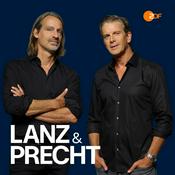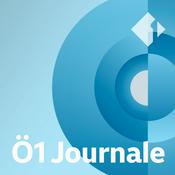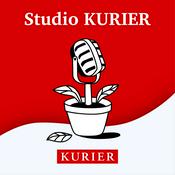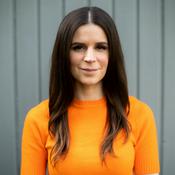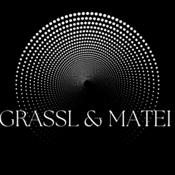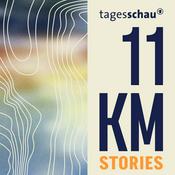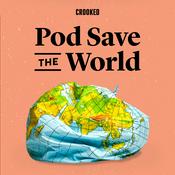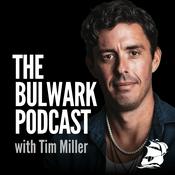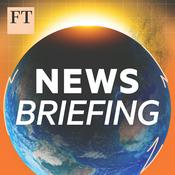626 Episoden
- First up on the podcast, more than half of all dogs going through service animal training don’t make it to graduation. Producer Kevin McLean journeys with Online News Editor David Grimm to Canine Companions, one of the biggest organizations in the United States for training working dogs. At the facility, they meet puppies in preparation and learn about the behavioral testing and genetics that could be used to improve service animal schooling.
Also appearing in this segment:
Emily Bray, assistant professor in the College of Veterinary Medicine at the University of Arizona
Brenda Kennedy, chief veterinary and research officer at Canine Companions
Next on the show, Kishalay De, assistant professor at Columbia University and associate research scientist at the Flatiron Institute, talks about observing the birth of a stellar black hole in the nearby Andromeda galaxy. He recounts how his team looked for this elusive event and describes what we can learn from observing it in the decades to come.
This week’s episode was produced with help from Podigy.
About the Science Podcast
Learn more about your ad choices. Visit megaphone.fm/adchoices - First up on the podcast, host Sarah Crespi and Staff Writer Adrian Cho talk football and the latest science behind helmets engineered to reduce head injuries. Have better materials and testing led to fewer concussions and chronic traumatic encephalopathy in players?
Next on the show, more than 100,000 people die from opioid overdoses in North America per year. Although much study has gone into addiction research, less attention has been paid to the biological details of overdose itself. John Strang, a professor in the National Addiction Centre at King’s College London, joins the podcast to discuss the questions researchers could be asking about overdose, and how to partner with drug addicted people to find solutions.
This week’s episode was produced with help from Podigy.
Learn more about your ad choices. Visit megaphone.fm/adchoices - First up on the podcast, how do we protect astronauts when they leave the shelter of Earth’s protective magnetic fields and face the slow, constant bombardment of space radiation? Freelance science journalist Elie Dolgin joins host Sarah Crespi to discuss what we know about the damage from high-velocity particles and the research being done to curb their biological toll.
Next on the show, modeling the fall of fossil fuels during the decarbonization of energy systems, with civil engineer and environmental sociologist Emily Grubert and historian and engineer Joshua Lappen, both at the University of Notre Dame. The pair wrote a policy forum on predicting chokepoints or “minimum viable scales” in the decline of fossil fuel networks—in effect, when a system might get too small to maintain its function. Understanding how to keep things online until they are no longer needed is important to maintain energy for all, as renewables grow and mines, pipelines, and refineries shrink.
This week’s episode was produced with help from Podigy.
About the Science Podcast
Learn more about your ad choices. Visit megaphone.fm/adchoices Tracking falling space debris via sonic booms, and getting drunk off your own microbes
22.1.2026 | 32 Min.First up with Jennie Erin Smith, Science’s new senior biomedicine reporter, we delve into: autobrewery syndrome, when microbes inside the human gut make too much alcohol; how doctors can use a public repository, the Mexican Biobank, to guide patient care; and preliminary findings that surgery on the brain’s plumbing shows promise for Alzheimer’s disease.
Next on the show, it’s tough to calculate when and where deorbiting spacecraft might enter the upper atmosphere and then eventually hit the ground. Benjamin Fernando, a seismologist and planetary scientist at Johns Hopkins University, has shown that sonic booms created by fast-moving space debris shake seismic sensors, giving clues to angle of re-entry, breakup dynamics, and final location.
This week’s episode was produced with help from Podigy.
About the Science Podcast
Learn more about your ad choices. Visit megaphone.fm/adchoicesReversing ecological destruction in the Galápagos, and finally mapping Antarctica’s surface
15.1.2026 | 30 Min.First up on the podcast, freelance science journalist Sofia Quaglia talks about her visit to the Galápagos archipelago and how researchers there are working to restore the islands to their former ecological glory.
*Note this episode has been updated to reflect that the Ecuadorian government is not responsible for primarily funding these efforts.
Next on the show, Antarctica’s deep ice coating obscures the hills and valleys on its surface, making the continent’s response to climate change one of the biggest unknowns in predicting sea level rise over the next century. Helen Ockenden, a glaciologist at Grenoble Alpes University, joins the podcast to discuss how her team used satellite imagery and the physics of ice flows to fill in the missing details of Antarctica’s subglacial surface.
This week’s episode was produced with help from Podigy.
About the Science Podcast
Learn more about your ad choices. Visit megaphone.fm/adchoices
Weitere Nachrichten Podcasts
Trending Nachrichten Podcasts
Über Science Magazine Podcast
Weekly podcasts from Science Magazine, the world's leading journal of original scientific research, global news, and commentary.
Podcast-WebsiteHöre Science Magazine Podcast, The Daily und viele andere Podcasts aus aller Welt mit der radio.at-App

Hol dir die kostenlose radio.at App
- Sender und Podcasts favorisieren
- Streamen via Wifi oder Bluetooth
- Unterstützt Carplay & Android Auto
- viele weitere App Funktionen
Hol dir die kostenlose radio.at App
- Sender und Podcasts favorisieren
- Streamen via Wifi oder Bluetooth
- Unterstützt Carplay & Android Auto
- viele weitere App Funktionen


Science Magazine Podcast
Code scannen,
App laden,
loshören.
App laden,
loshören.




